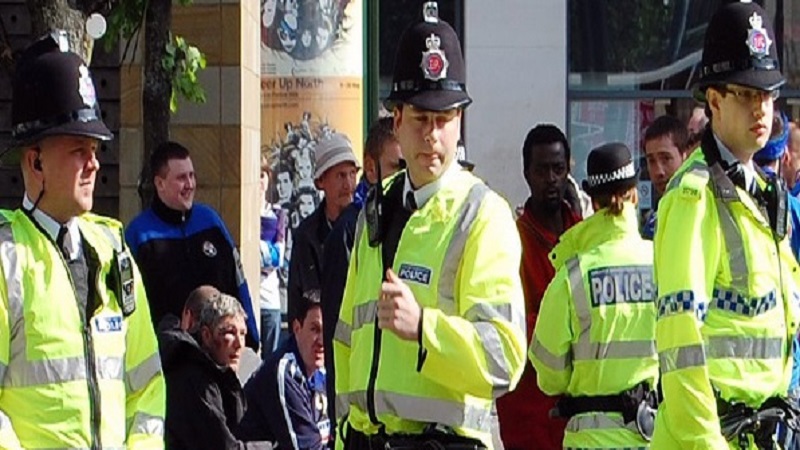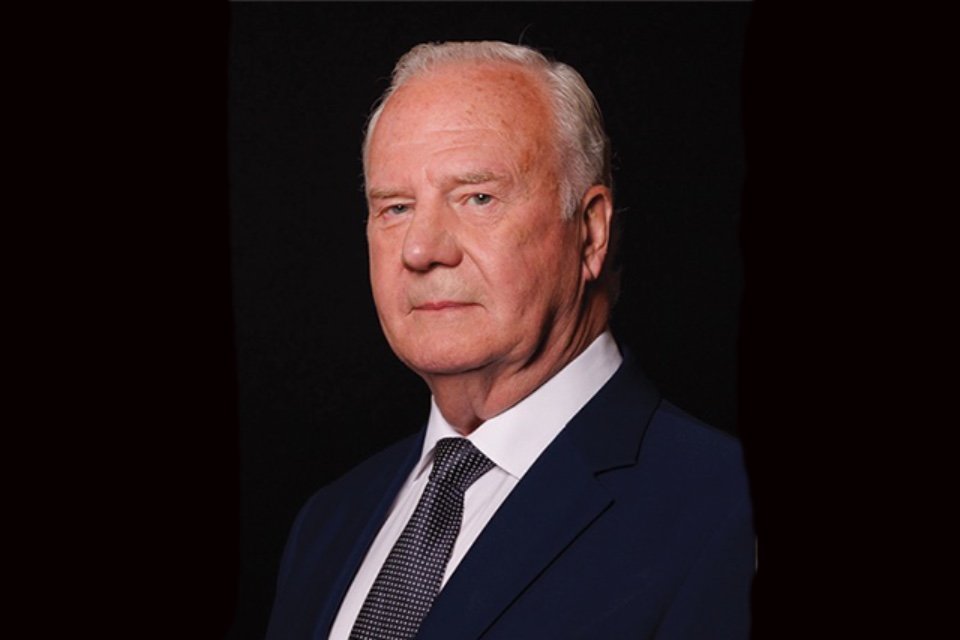As a nation, we are still coming to terms with the shocking decision made by the public to leave the EU and, already, police are launching investigations into post-referendum racism acts across the country.
Despite these ignorant acts, senior UK police chiefs have declared its strategy to carry on as normal, even with numerous warnings that the Brexit vote will potentially increase the chances of a terror attack in the UK and similar predictions previously made by the former MI5 chief, Eliza Manningham-Buller and the British Defence Minister, Michael Fallon.
It is clear that senior officers are determined to work closely and productively with their European counterparts; with vice chairman at the National Police Chiefs’ Council and assistant commissioner Martin Hewitt, commenting in a statement: “Ahead of the EU referendum, we stated our need to work closely and at speed with European countries to keep people in the UK safe from organised crime, cyberattack, terrorism or violent offenders. This operational requirement must be maintained as the UK leaves the European Union.”
Although The New York Times has described the country’s decision as ‘weakening the interlocking web of Western institutions and alliances’, the US has confirmed that it will continue its ‘special relationship’ in a phone conversation between the US Defense Secretary, Ash Carter and Fallon.
Even though Carter declared that he would of liked to of seen the UK stay in the EU during a trip to Brussels earlier this month for a NATO ministerial meeting, Pentagon spokesperson, Peter Cook, said that the UK will still play a key part ‘on the global stage’, as well as in Europe and as a member of the North Atlantic Treaty Organisation (NATO).
The chief of Europol, Rob Wainwright, however, warned in a statement on Wednesday 22 before the final vote was cast that Brexit would damage the UK’s ability to tackle crime, claiming the Leave vote “has the potential to harm the UK’s ability to fight terrorism and crime, because of the extent to which police co-operation information systems and other capabilities in the EU have become embedded in the police community and, to a lesser extent, the intelligence community.”







